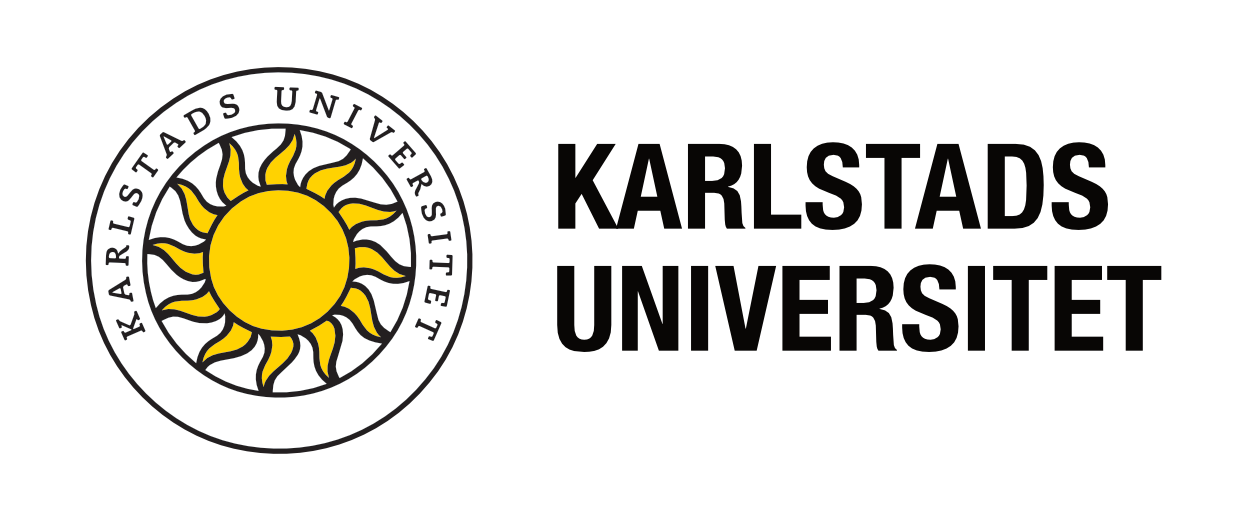Constructive Alignment (CA) is a model for designing educations in higher education. This is how you apply it, step by step.
Continue reading “Constructive Alignment in practice”Category: _TEACHING-AND-LEARNING
Tips: Two-part exam for students with extended writing time
Prevent cheating at take-home exams, where fast students help students with extended writing time.
Continue reading “Tips: Two-part exam for students with extended writing time”Tips: Fixed Ask-the-teacher time slots
Many students are reluctant to adderss direct questions to the teacher, especially in large student groups or when the teacher is avaliable only online and not least when the question must be asked in writing. The teacher, on the other hand, may feel that there are too many questions about the same thing, even though it is a minority of the students who ask. Fixed time-slots for questions is a strategy to solve the problem.
Continue reading “Tips: Fixed Ask-the-teacher time slots”Tips: Overview per week
A picture is worth a thousand words. Make a simple overview picture that presents what will happen during the course.
Continue reading “Tips: Overview per week”Study support
Some students need special arrangements to be able to participate in teaching and examination. If the needs are due to a permanent disability, they are entitled to such support. The teacher/examiner must, however, not decide for himself whether the student has needs that entitle a student to support. Such assessments and decisions are made by Enheten för studentstöd (the Unit for Student Support).
It is the student himself who applies for special support. The basis for receiving support is that the student has a documented disability.
Note that the teacher/examinator only need to have access to the actual decision, not to documents regarding the medical status that was basis for the decision about support. Such documents should be handled only by the Unit for Student Support.
If the student is granted special support, a decision is issued by the Unit for Student Support informing the teacher/examiner on what kind of arrangements that should be made in examination (or in the teaching, depending on what the decision says).
Common support is extra time for examination, oral examination or examination in a small group.When the decision is about support related to the actual teaching and learning activities, it may involve, for example, help to make lecture notes, the right to have access to material in advance or in talking book format and the like.)
- Students with special needs
Collected information about different types of support that can be offered to students at Karlstad University.
EXAMINATION
Examining is a wasp’s nest of things to keep track of and take into account. For us as university, it places special demands on predictability and equal treatment. We also, as an authority, have access to large resources to live up to this responsibility.
TEACHING & LEARNING
Teaching and learning is about implementing the planned course, to meet the students in lectures, tutoring and other kinds of learning activities, to meet directly in the physical room or online, or indirectly via instructions and recordings, as information and in dialogue. It is about the actual meeting, here and now, where the student’s learning really takes off, comes to a halt or is given a new direction.
Checklist for a good course website in Canvas
This is a checklist for you who are a course leader/teacher in a university course with a website in Canvas. It is based on robust principles for what a good study environment for students should look like and it also makes life easier for you, the teacher. Use it to check that you do not accidentally miss something important.
Continue reading “Checklist for a good course website in Canvas”Plan an intro session online
How do you set up a really good online course introduction ? What elements should it contain? In which order? How do we keep the students interested? How do you design a good session schedule, one that also function well when leading the session together with colleagues? Here is a commented example that can also work as a template.
Continue reading “Plan an intro session online”ICT: Tools for examination
KAU has two tools for handling specific examination-related matters. On the one hand Ouriginal for text comparison (to detect plagiarism) and on the other hand Inspera for digital exam. In addition, of course, we have Canvas and the functionality with assignments and Quiz.
NOTE that the university has replaced Wiseflow to Inspera for digital examinations in autumn 2022.
Continue reading “ICT: Tools for examination”
